US Deportation Deal With Eswatini Sparks Diplomatic Crisis in Southern Africa
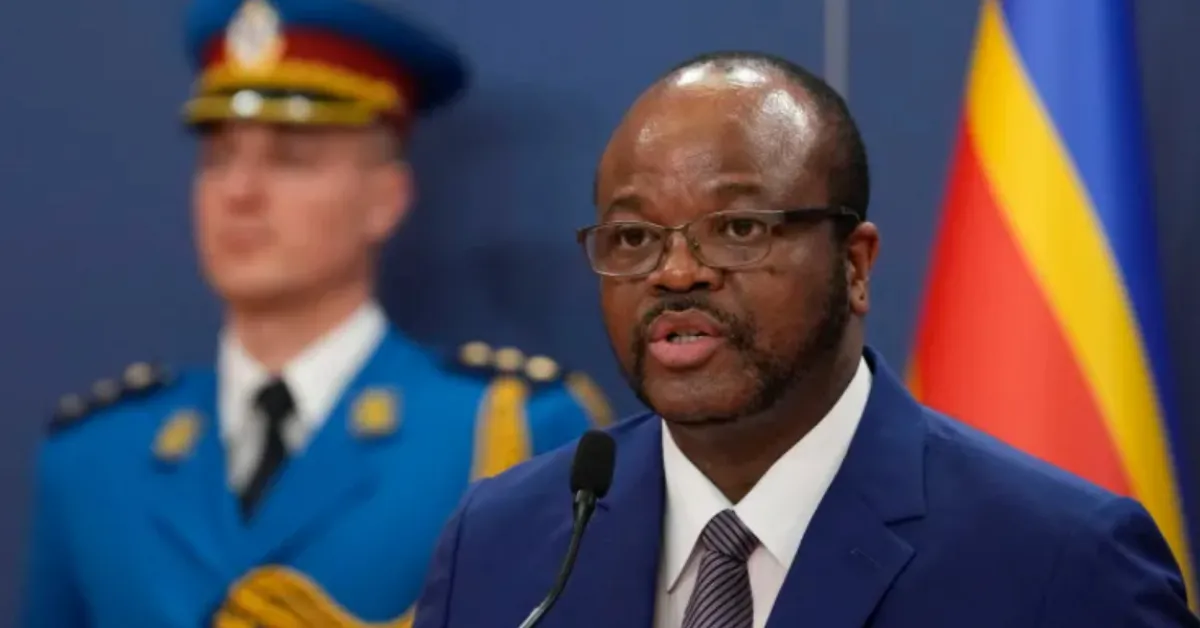
A diplomatic crisis is escalating across southern Africa following the United States' transfer of five convicted foreign nationals to the Kingdom of Eswatini under a controversial deportation arrangement.
The deal has drawn sharp criticism, with accusations that African nations are being pressured into accepting individuals rejected by their countries of origin. Eswatini's government confirmed on Wednesday that it had received five deportees from the United States. These individuals are currently held in solitary confinement within undisclosed prison facilities.
Despite government assurances that the deportees pose no threat to public safety, the move has ignited widespread public and political opposition, as critics denounce the arrangement as a violation of national sovereignty and a risk to community welfare. The deportees, who hail from Jamaica, Cuba, Yemen, Vietnam, and Laos, were reportedly convicted of serious crimes in the United States, including murder, rape, and armed robbery.
The Department of Homeland Security said that their home countries declined to repatriate them, leading Washington to seek alternative destinations. Eswatini's involvement in the agreement has brought intense scrutiny to the prisoners' legal status and the broader ethical and geopolitical implications of the deal. Acting government spokesperson Thabile Mdluli characterises the transfer as the result of "robust high-level engagements" between Eswatini and the United States, coordinated with the International Organisation for Migration.
However, details remain scarce beyond vague assurances that the inmates are being processed for eventual repatriation. No official timeline for their departure has been provided, nor has the government disclosed the terms of the bilateral agreement, citing "classified" information. The lack of transparency has intensified criticism. The People's United Democratic Movement (PUDEMO), a leading opposition group in Eswatini, warned that the decision exposes the nation to increased risks.
"Our country must not be treated as a dumping ground," the party said, highlighting existing issues such as overcrowded prisons, high crime rates, and deteriorating human rights conditions.
Eswatini's prisons are already under severe strain, with civil society organisations reporting that detainees receive only one meal per day and live in substandard conditions. The Swaziland Solidarity Network, operating from neighbouring South Africa, has condemned the move as evidence of racial prejudice in American foreign policy. "It is clear racism to think Africa is a dumping ground," said Lucky Lukhele, the group’s spokesperson.
Critics further contend that the deportation agreement reflects a pattern of transactional diplomacy under the Trump administration, where economic leverage is used to extract geopolitical concessions from vulnerable states. In April, Washington imposed a 10% tariff on Eswatini exports, with neighbouring South Africa facing a steeper 30% rate. Analysts have speculated that such pressure may be linked to Eswatini’s acquiescence in the deportation deal, though this remains unconfirmed.
The United States has previously sought similar arrangements elsewhere in Africa, often with limited success. Nigeria, for instance, has publicly resisted calls to accept foreign deportees, particularly those incarcerated in the US. Nigerian Foreign Minister Yusuf Tuggar recently said that the US is mounting considerable pressure on African countries to accept Venezuelans to be deported from the US, some straight out of prison.
American officials deny any link between deportation diplomacy and recent changes to visa validity or trade policy. A spokesperson for the US mission in Nigeria insisted that such changes are intended solely to safeguard US immigration systems. However, the timing and intensity of US overtures to African governments have raised questions about whether financial inducements or political threats are being used to secure compliance.
The broader implications of these deportations are already being felt regionally. South Africa, which shares porous borders with Eswatini, has expressed concern about potential spillover effects, including the possibility that deported individuals might attempt to relocate illegally. A South African diplomat describes the move as a "provocation" and a national security threat, adding that these individuals will likely attempt to move to South Africa.bKen Opalo, associate professor at Georgetown University’s School of Foreign Service, suggests the deportation arrangement reflects a deeper erosion of trust in US–Africa relations.
"It’s foolhardy for African countries to think that they can make deals and expect a credible commitment from the White House," he said, citing the administration’s tendency to renegotiate terms abruptly.
Human rights watchdogs have also raised concerns. According to Human Rights Watch, Eswatini has recently undergone a significant democratic backslide, with increasing repression of political dissent and civil society organisations. In such a climate, the arrival of foreign inmates—accompanied by minimal transparency—has added fuel to longstanding grievances over governance and sovereignty.
The controversy is compounded by inflammatory language used by American officials. Tricia McLaughlin, spokesperson for the Department of Homeland Security, described the deportees as "depraved monsters" and claimed that they had "terrorised American communities." While such rhetoric may resonate with domestic audiences, it has further strained diplomatic ties with African nations, many of whom view the characterisation as disrespectful and stigmatising.
Eswatini, formerly known as Swaziland, is a small, landlocked kingdom in southern Africa, bordered by South Africa and Mozambique. The country has a population of approximately 1.2 million people and is one of the few remaining absolute monarchies in the world. King Mswati III has ruled Eswatini since 1986, wielding significant political power. The kingdom faces numerous socio-economic challenges, including high rates of poverty, unemployment, and HIV/AIDS. According to the World Bank, over 58% of Eswatini's population lives below the poverty line. The country's economy is heavily reliant on agriculture, manufacturing, and remittances from emaSwati working in South Africa.
Eswatini's human rights record has been a subject of concern for international organisations. Restrictions on freedom of expression, assembly, and association are common. Political parties have been banned since 1973, and political dissent is often suppressed. The recent democratic backslide, as highlighted by Human Rights Watch, has further exacerbated these concerns.
The country's prisons are overcrowded and lack adequate resources, leading to substandard living conditions for inmates. Civil society organisations have reported that detainees often face food shortages and limited access to healthcare. These conditions raise serious questions about Eswatini's capacity to manage the influx of foreign deportees, particularly those with serious criminal records.

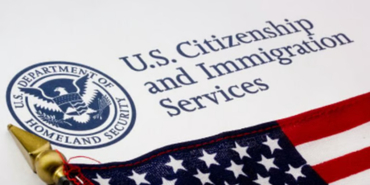
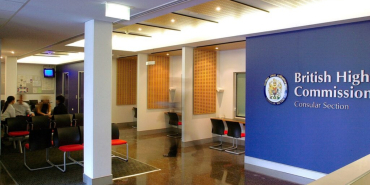
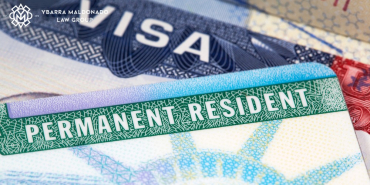

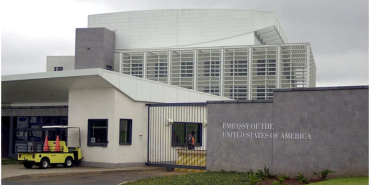

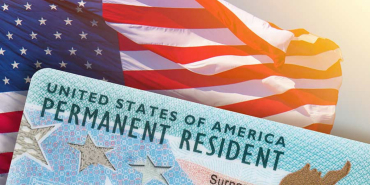






Add new comment